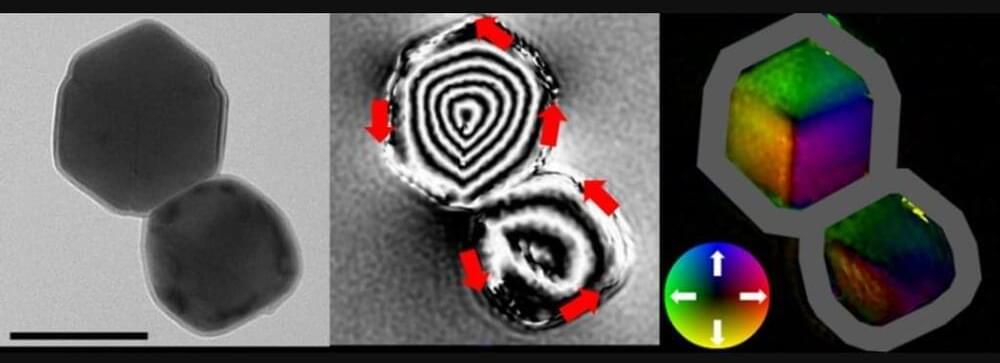The Solar System is positively lousy with magnetic fields. They drape around (most of) the planets and their moons, which interact with the system-wide magnetic field swirling out from the Sun.
Although invisible to the naked eye, these magnetic fields leave their marks behind. Earth’s crust is riddled with magnetic materials, for example, that retain a paleomagnetic record of the planet’s changing magnetic field. And meteorites, when we are lucky enough to find them, can tell us about the magnetic field in the environment they formed in, billions of years ago.
Most of the meteorites we study in this manner are from the asteroid belt, which sits between Mars and Jupiter. But astronomers from Japan have just developed a new means of probing the magnetic materials within meteorites from much, much farther away — and thus provided a new tool for understanding the outer reaches of the early Solar System.
